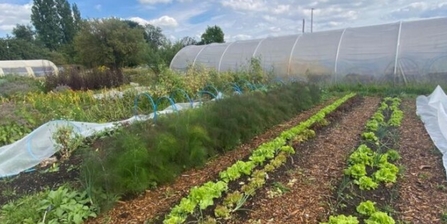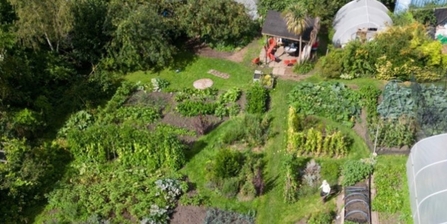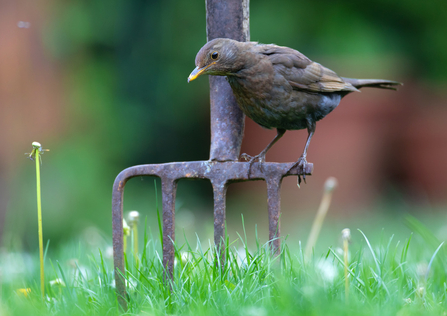It’s no surprise that so many people want to get growing as having an allotment has been linked to improvements in physical and mental health, a strengthened community, an increased connection to nature, a sense of achievement, and of course, a way of growing your own fresh produce!
At the end of 2023 Bristol City Council suggested making some changes to their allotment rules and their tenancy agreements. A consultation, found online here, on these changes is now underway, ending on 22nd January 2024. The rules on allotments are quite complex so the council have produced an outline of the proposed changes here.
The production of healthy food goes hand-in-hand with a healthy ecosystem, which in turn creates a more climate resilient landscape. It is possible to grow food and create space for wildlife at the same time as we have shown at Grow Wilder and as local people all across the region have shown as part of Team Wilder. This blog and our response to the consultation seeks to highlight these important links and support some of the proposed changes.




